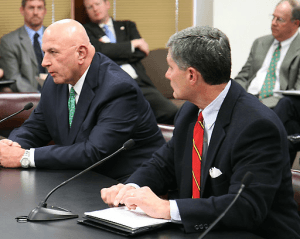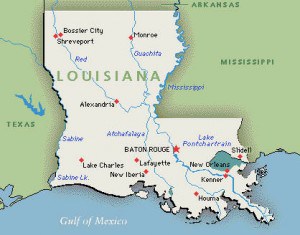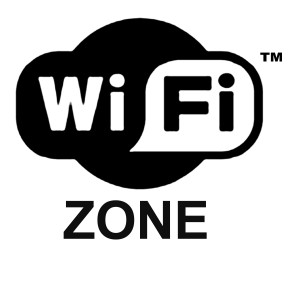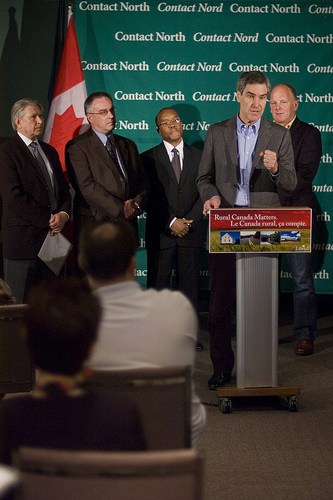Sen. Chip Rogers (R-Woodstock) thinks he knows broadband. He, along with several other Georgia legislators well-compensated by some of the state’s largest telecom interests, have defined appropriate Internet speeds at a remarkably low “200 kilobits per second,” less than four times faster than your old AOL dial-up Internet account. The one you canceled in 1998.
With a background like that, it was no surprise last Thursday when technology leaders and city representatives from across Georgia testified before the Senate Regulated Industries & Utilities Committee, strongly objecting to Rogers’ SB 313, a bill bought and paid for by the very companies the legislation would effectively protect from competition.
Rogers argues he wants to “level the playing field” between private providers that currently dominate broadband service in Georgia, and the long-suffering communities in rural areas that have waited for faster Internet since the Clinton Administration.
City officials from Dalton, Newnan, Elberton, Thomasville, Cartersville, LaGrange, Hogansville and Monroe collectively noted the proposed legislation hardly represents a level playing field when it fully exempts the bill’s backers from any of its provisions. Thomasville mayor Max Beverly noted the same cable and phone companies that fiercely fought for statewide cable franchises for themselves now want to impose rules that forbid publicly-run companies from operating outside of their respective city limits.
“We would have to turn off service to the county’s two largest employers,” Thomasville Mayor Max Beverly told the Senate panel. “There is no telling what that would do to jobs in our area.”
Those testifying uniformly noted they entered the broadband business because private providers refused to deliver adequate service in their areas.
“We started our cable system not on a whim but on a demand from our citizens to provide a higher level of service for cable TV and Internet,” said Newnan Mayor Keith Brady. “We got into the cable business originally to provide fiber optics and broadband because Charter Communications would simply not invest in our community.”
Now cable and phone companies across Georgia are supporting legislation that would make that community service next to impossible to provide.
“The most ironic part of legislation like SB 313 is that cable and phone companies only take an interest in rural broadband when they ghostwrite bills like this to stop other people from providing the service themselves,” said Stop the Cap! reader Max Curr. “When I lived in Hiltonia, some of these same companies laughed at me when I asked about broadband. It simply was not profitable, they were not going to provide it, and with this bill, they will make sure it stays that way.”
But the cost to consumers extends way beyond the most rural corners of the state. SB 313 also hurts existing cable and phone customers who pay higher rates because of the lack of competition. That assures the kind of anemic broadband Rogers and his friends in the cable and phone industries are only too happy to define as 200kbps. At least that is 10kbps more than a similar bill being pushed by telephone and cable operators in South Carolina.
Brady says their community-owned system not only provides broadband where Charter would not, the cable company also was forced to reduce their rates for consumers in nearby communities, saving taxpayers across the entire city and county millions.
In Elberton, the lack of broadband was so pervasive the 4,700 local residents demanded the city provide the service themselves. Commercial providers had stonewalled the county seat of Elbert County for years until the city broke ground on a broadband project in 2001.

Dalton Utilities' CEO Don Cope (left), Newnan mayor Keith Brady (right) (Photo: Georgia Municipal Assn.)
Elberton City Manager Lanier Dunn complained SB 313 undercuts the rational definition of minimum Internet speeds to levels most Americans would not even consider “broadband.” Dunn noted that the 2010 National Broadband Plan calls for download speeds 250 times greater, and by 2020 500 times greater, than what Rogers’ bill currently defines as broadband service.
“We should be reaching for higher and faster speeds, not relegating ourselves to barely just above dial-up,” Dunn said.
Don Cope, president and CEO of Dalton Utilities, demonstrated that municipal broadband systems are not the financial risk large telecommunications companies always claim they represent. In fact, Dalton’s system has never received a penny of tax revenue and its accounting is open to public scrutiny to prove it.
Cope noted SB 313 imposes restrictions on community providers, but completely exempts those owned by the companies pushing the bill.
“I would ask that you look at the private providers in the state,” Cope said. “Look at their reports, and you would see how many dollars that are provided to them from the federal government. We are talking about in the billions of dollars. All the [private telecommunications entities] that I know about have some form of government support.”
Dalton isn’t the only city in Georgia with a successful community-owned operation.
The city of Newnan found their system such a valuable asset, they sold it at a profit to a private company in 2008 and used the proceeds to pay off its remaining construction costs.


 Subscribe
Subscribe











